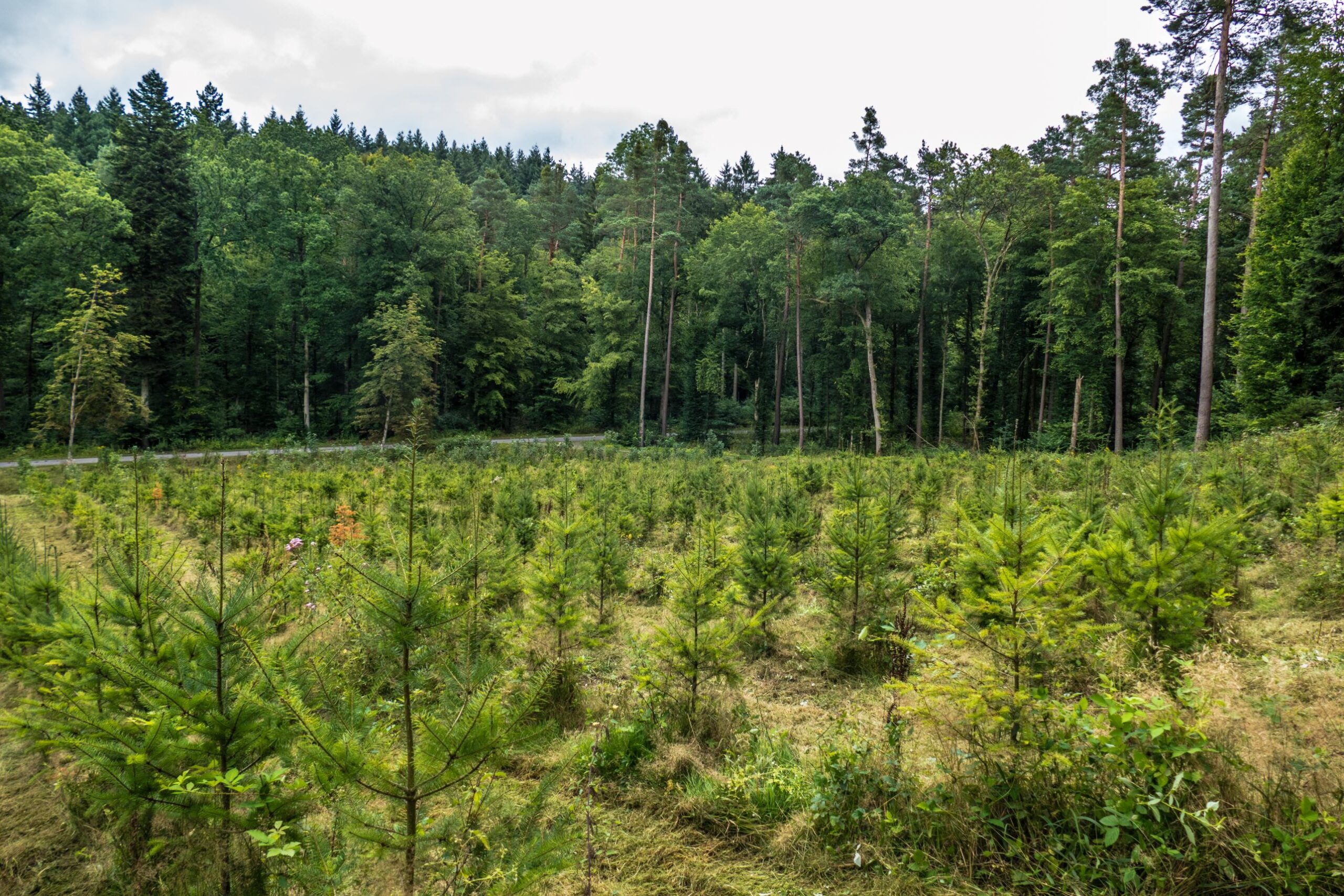Ecological restoration is a key tool to limit or reverse the progress of climate change and specific insurance cover can de-risk ecological financing opportunities.
The UN Decade on Ecosystem Restoration, which runs from 2021 to 2031, aims to prevent, halt, and reverse the degradation of ecosystems on every continent and in every ocean. It is a global effort to revive damaged ecosystems, combat climate change, and prevent mass extinction.
However, the unpredictable and dynamic nature of ecosystems, and the potential impact of this on investments can create a reluctance to finance ecological initiatives.
Those involved in restoration have highlighted the need for improved risk management, safety support and a better understanding of the specific challenges of ecological restoration, requiring tailored Ecology Restoration Project Insurance policies.
In response, Lloyds of London is underwriting a new innovative insurance, designed to de-risk ecological restoration financing opportunities, including woodlands and wetlands.
Mark Dutton, director W Denis said: “It underwrites the financial costs associated with creating restoration conditions required to return an ecosystem to its planned (or revised) recovery trajectory if the original recovery trajectory of the integrity level of an ecosystem is adversely impacted following a pre-defined insured peril. “
The insurance can cover Aircraft; Cold Wave; Cyclone; Earthquake; Explosion; Fire; Flood; Hail Damage; Heat Wave; Lack of Precipitation; Landslide; Lightning; Malicious Damage; Rockslide; Storm or Typhoon.
In 2023 the Wildlife Trusts unveiled a new programme to accelerate UK nature recovery and help to reverse catastrophic declines in wildlife with £6 million from the Ecological Restoration Fund, however, it came at a time when more than 40% of species in the UK are in decline and over 15% are threatened with extinction.
Dr Rob Stoneman, director of landscape recovery at The Wildlife Trusts, has warned: “Extinctions, pollution, and wildfires make headlines with increasing frequency and so it’s vital to go much further with nature recovery across the UK.”
It is reported that Europe’s nature is in alarming decline, with more than 80% of habitats in poor condition. Restoring wetlands, rivers, forests, grasslands, marine ecosystems, and the species they host is viewed as vital to increase biodiversity.
In response, The European Commission’s is proposing a Nature Restoration Law – the first continent-wide, comprehensive law of its kind. It is a key element of the EU Biodiversity Strategy, which calls for binding targets to restore degraded ecosystems, in particular those with the most potential to capture and store carbon and to prevent and reduce the impact of natural disasters.
W Denis are one of the largest independent insurance brokers in the UK and arrange competitive insurance solutions. To discuss this further with a broker at W Denis, please make arrangements with Daniel Moss at [email protected] or on 0044 (0)113 2439812

Specialist contact
Mark Dutton
Executive Director / Group Head of Broking & Business Development
T. +44 (0) 7831 366 469
Arrange a call back



